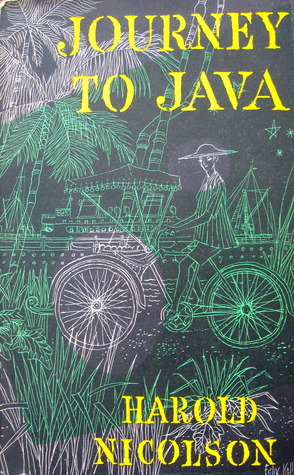What do you think?
Rate this book


254 pages, Hardcover
First published January 1, 1957
Zo beschouw ik de geestelijke luiheid als de voornaamste oorzaak van de zwaarmoedigheid, omdat het een gevoel van tekortkoming geeft en zodoende leidt tot zelfverwijt, vervolgens schuldbesef en uiteindelijk angst.
Ik had altijd het idee dat de Nederlanders rustig en waardig waren; maar nee, bij bepaalde gelegenheden geldt juist: hoe meer lawaai hoe liever.
Mijn zegsman verzekert mij dat ieder weldenkend mens hoopt dat president Soekarno, of de populaire vice-president dr. Hatta, zal inzien dat de Indonesiërs niet rijp zijn voor zelfbestuur of een parlementair stelsel, en een vorm van dictatuur of ‘regeringsraad’ zal instellen om een eind te maken aan de situatie die onvermijdelijk zal uitlopen op algemene chaos en bankroet.